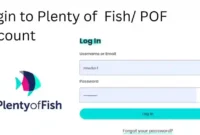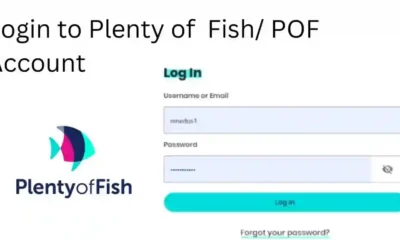Safety and Security
Collaborative divorce in Huntsville: Knowing the process & beyond

No two divorces in Huntsville are the same. Couples have unique circumstances, which will dictate how the case may proceed. If you are at that critical juncture where you are ready to file for divorce but don’t quite agree to certain aspects with your spouse, you should seek legal help. Just because there are disagreements, it doesn’t mean you have to go through a trial. Litigation is not just time-consuming but also expensive. Top attorneys from The Harris Firm in Huntsville can evaluate your situation and help with alternatives, which include collaborative divorce. In this post, we discuss the process and other details of collaborative divorces in detail.
What exactly is a collaborative divorce?
A collaborative divorce is a situation where both spouses decide to work on a settlement before filing papers in court. Ideally, both spouses have attorneys who do the talking and discuss the issues that need attention. That could mean going back and forth, and while a collaborative divorce can take time, you don’t have to worry about multiple hearings and other complications.
Starting with a collaborative divorce
For a collaborative divorce, it is imperative that both parties are open to the idea. The name clearly indicates that there is a need for collaboration. If one spouse decides not to cooperate and discuss things, the process will not work. Lawyers who handle collaborative divorces will advise clients on all the critical issues, such as child custody, child support, alimony, and asset distribution. You may not have all these concerns in your divorce, but even if you are in disagreement on one aspect, discussions and communication will help. Having an attorney allows the parties to talk to one another without getting into fights. Also, you have to be open to compromise. Remember, you may not get the exact outcome as you wanted.
Should you consider a collaborative divorce?
There are several advantages of collaborative divorces. Firstly, if you and your spouse have attorneys and agree to give the process a shot, you may get through the divorce sooner and will spend a lot less money. The overall arrangement is more comfortable, especially because no one has filed papers, and there is no fear of preparing for a trial. Communication is more open, and both parties are likely to be honest, which will help them move forward. Contrary to a contested divorce, a collaborative divorce gives you more room to have a settlement that works for you. If you have control over the proceedings, unlike a court situation where the judge is deciding everything.
Most importantly, a collaborative divorce is better for the family. You can preserve your relationships, especially what you share with the children and family members. Yes, the marriage is still coming to an end, but you can continue to function together with your spouse and kids as a wholesome unit. The stress is lower, and there is little to worry about saying nasty things.
What if a collaborative divorce does not work?
A collaborative divorce is like the first step to ending things amicably with your spouse. If that doesn’t work, you always have the choice to file for divorce separately. A contested divorce will start with a complaint, which either party can file and will be served to the other party.
Final word
If you and your spouse are not in a situation where you are unable to talk or communicate, a collaborative divorce is always better. It is way simpler, and if the process works, you could be done with the divorce quickly. Your attorney is critical to ensure that the collaborative divorce process works as expected.
Related posts:


Forex & Crypto
5 Best Ways to Earn Crypto While You Sleep in 2025
Categories
- Apps (1)
- Automotive (23)
- Beauty (7)
- Business (122)
- Celebrities (2)
- Digital Marketing (21)
- Ecommerce (2)
- Education (22)
- Entertainment (39)
- Events (6)
- Fashion (1)
- Features (4)
- Finance (1)
- Fitness (10)
- Food (2)
- Forex & Crypto (23)
- General (116)
- Health (48)
- House (61)
- Lifestyle (57)
- Marketing (8)
- Parenting (3)
- Pets (10)
- Real Estate (8)
- Safety and Security (14)
- Social Media (31)
- Sports (142)
- Technology (73)
- Travel (23)






















